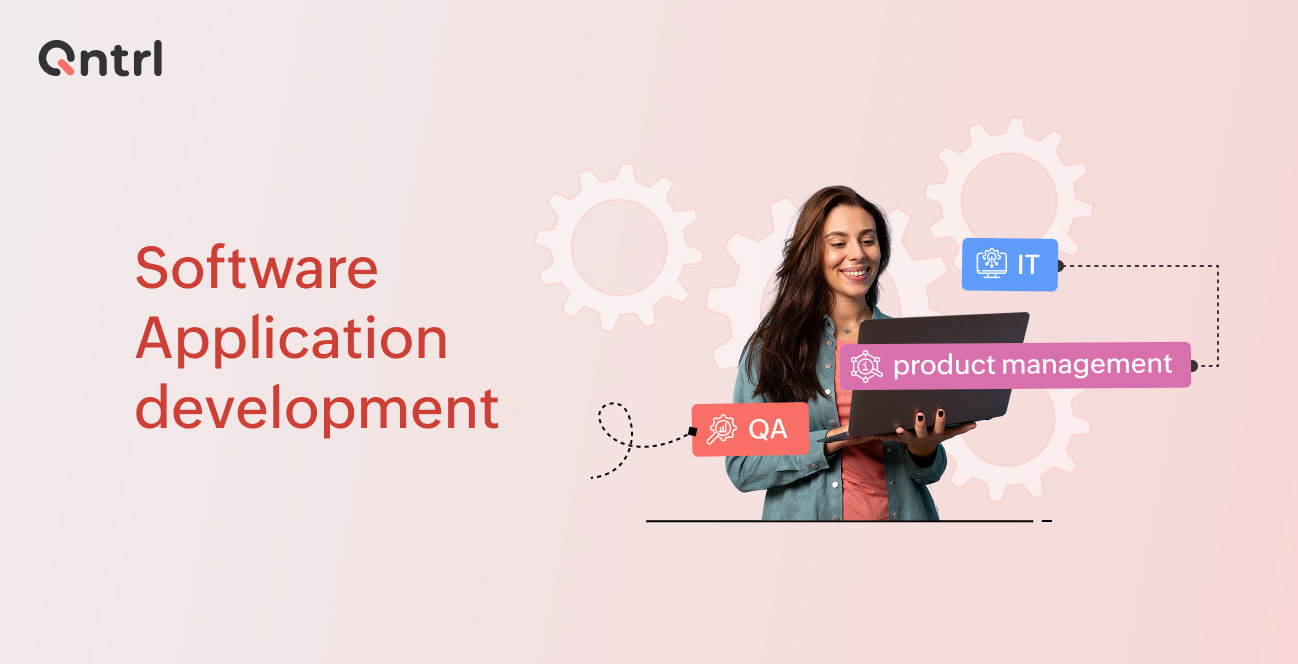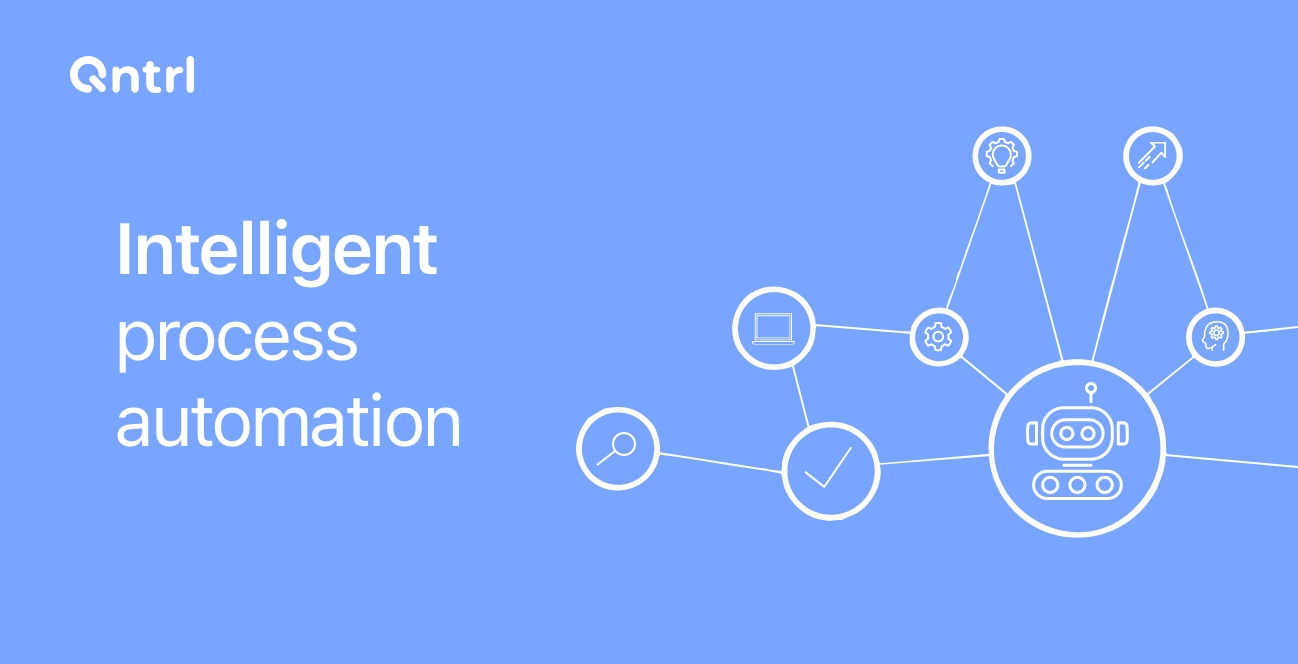Work management is the cornerstone of success for individuals, teams, and organizations in various industries. Effectively managing work ensures that tasks are completed on time, resources are optimized, and goals are achieved. Over the years, work management practices have evolved significantly,embracing technological advancements and leveraging processes to improve productivity.
In this comprehensive guide, we'll explore the importance of work management, delve into its evolution, discuss the role of processes, highlight technology for better work management, provide eight practical tips, and offer insights into the future of work management.
Why is work management important?
Work management is vital for several reasons. First, it helps individuals and teams prioritize tasks and allocate resources effectively, ensuring that deadlines and goals are met.
Additionally, work management enhances collaboration and communication among team members, enabling seamless coordination and fostering a productive work environment.
Furthermore, it allows for the efficient utilization of available resources, which maximizes productivity and minimizes waste. Effective work managementimproves efficiency, boosts productivity, and contributes to the overall success of individuals and organizations.
How has work management changed over the years?
The landscape of work management has witnessed remarkable changes over time. In the past, work management relied heavily on manual processes and physical documentation, resulting in slower turnaround times and increased administrative burden. However, with the advent of technology, the way we manage work has transformed significantly.
Here are some of the key ways it has changed:
- Digitization and automation: Manual processes have been replaced by digital systems, making task tracking, collaboration, and reporting more efficient. Automation has streamlined repetitive tasks, freeing up time for strategic work.
- Remote work and virtual collaboration: Teams now collaborate regardless of location, thanks to communication and project management tools. Virtual meetings, shared documents, and real-time collaboration platforms have become the norm.
- Agile and flexible approaches: Hierarchical management structures have given way to agile methodologies like Scrum and Kanban. Flexibility in work arrangements, such as flex time and freelancing, has also become more common.
- Data-driven decision-making: Work management is increasingly data-driven. Organizations use data analytics and project management tools to track progress, monitor performance, and make informed decisions.
- Collaboration and communication: Teams rely on digital platforms for real-time communication, document sharing, and feedback exchange. Collaboration software and project management platforms facilitate seamless teamwork.
- Emphasis on employee well-being: Work management now prioritizes employee well-being and work-life balance. Flexible schedules, remote work options, and wellness programs are offered to create a positive work environment.
- Integration of artificial intelligence (AI): AI-powered tools automate tasks, provide insights, and enable predictive analytics. Chatbots and virtual assistants assist with routine inquiries.
- Agile scaling: Work management practices have expanded to encompass entire organizations. Agile scaling frameworks enable coordination and collaboration across multiple teams and departments.
- Continuous improvement: Organizations encourage a growth mindset, experimentation, and learning from failures. Iterative processes and feedback loops foster innovation and ensure that work management practices evolve.
Work management has embraced digital tools, remote work, agility, and employee-centric approaches. Future advancements like AI, augmented reality (AR), and virtual reality (VR) will continue shaping the field.
The role of processes in work management
Processes play a crucial role in effective work management. Establishing standardized workflows and procedures ensures that work is carried out consistently, minimizing errors and reducing the time required to complete tasks. Well-defined processes also facilitate better communication and collaboration among team members, because everyone understands their roles and responsibilities.
Also, processes help organizations identify bottlenecks, optimize resource allocation, and continuously improve work efficiency through periodic evaluation and refinement.
8 tips for better work management
To optimize work management and improveproductivity, consider the following practical tips:
1. Prioritize tasks: Identify and focus on high-priority tasks to ensure that important work is completed first.
2. Set clear goals: Define specific, measurable, attainable, relevant, and time-bound (SMART) goals to guide your work.
3. Break tasks into manageable chunks: Divide complex projects into smaller, more manageable tasks to avoid feeling overwhelmed.
4. Delegate and collaborate: Assign tasks to team members based on their skills and expertise, fostering collaboration and leveraging collective strengths.
5. Adopt time-management techniques: Utilize techniques like the Pomodoro Technique or time blocking to optimize productivity and maintain focus.
6. Leverage technology: Embrace tools and software that streamline work processes, automate repetitive tasks, and facilitate collaboration.
7. Communicate effectively: Ensure clear and regular communication with team members to avoid misunderstandings and promote synergy.
8. Regularly evaluate and adjust: Continuously assess progress, identify areas for improvement, and adapt strategies as necessary to enhance work management practices.
The future of work management
The future of work management promises even greater advancements. Automation, artificial intelligence, and machine learning will further optimize work processes.
Intelligent algorithms will aid in resource allocation, task assignment, and predictive analytics, enabling informed decision-making.
Virtual and augmented reality technologies will facilitateremote collaboration, allowing seamless teamwork despite geographical constraints.Integration of work management tools with other systems and platforms will provide a unified experience, enhancing efficiency and reducing manual effort.
With evolving technology and streamlined processes, work management practices have significantly improved and are improving at a faster pace, increasing efficiency and effectiveness. By embracing the tips outlined in this article and staying updated on emerging technologies, individuals and organizations can unlock their full potential and thrive in the dynamic world of work management.







